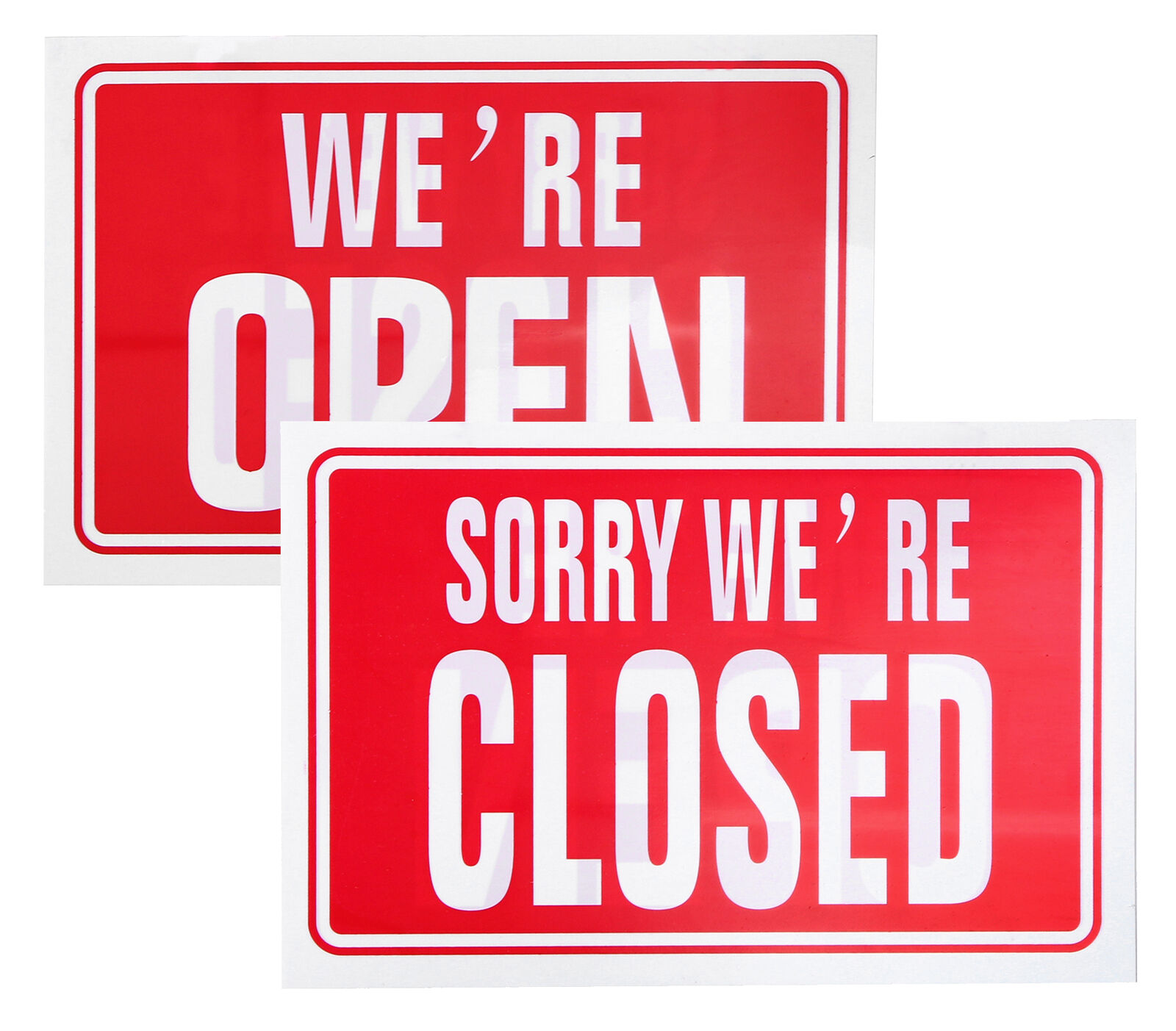In a #4opens project like the #Fediverse, this article’s framing makes no sense as a native view of the #openweb. The data exists in a commons, and while you could apply a #CC licence and try to enforce it. In the end, #4opens is just that, #opendata. But as the article highlights, there are real issues in understanding how open systems intersect with state and corporate surveillance.
Fediverse & Mass Surveillance — A research article breaks down how the Fediverse presents both challenges and opportunities for state surveillance.
🔗 Read the research
"Non-centralized social media appears to be undergoing a 'Killer Hype Cycle,' where users dissatisfied with centralized platforms flock to alternatives like Mastodon. But with this influx comes an increase in publicly available data for researchers, corporations, and state agents alike."The reality is the normal #mainstreaming #dotcons issues that:
Corporations mine federated media for profit.
State agencies catalog user data for tracking and control.This is a reminder that you are doing anything #spiky political it’s much better to organise off the internet as government analysts easily search and map connections between people using metadata across the #openweb as much as they already do more directly through the #dotcons
This isn’t a #ecryptionist call to lock down the #Fediverse, that would be beyond stupid, but a reminder that openness requires awareness and collective defence. A truly #openweb using the #4opens needs to face these threats head-on, with social solutions and federated resilience at the core of its path and design.
